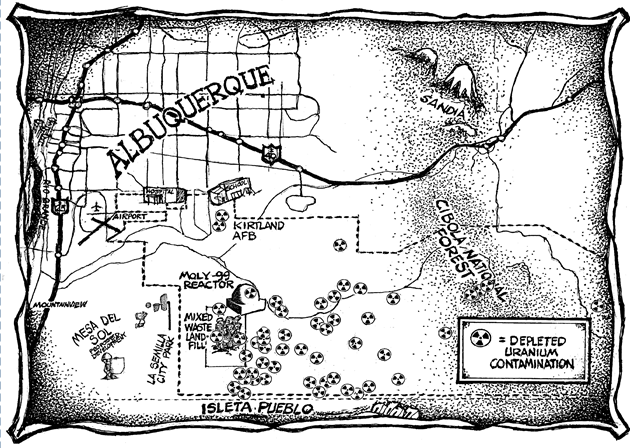
The Project on Government Oversight (POGO)
The Project on Government Oversight is one of 39 environmental and peace organizations that won a landmark lawsuit against the U.S Department of Energy for failure to follow-through on adequate environmental cleanup during its 50+ years of nuclear weapons research, testing, and production. Part of this settlement was the establishment of the MTA Fund (Citizens’ Monitoring and Technical Assessment Fund), which provided $6.25 million for tribes and non-profit organizations to assess and conduct independent technical and scientific studies regarding the multitude of technical, ecological, and health issues surrounding the nation’s nuclear weapons complex.
Clark University was chosen by the non-profit peace and environmental groups as the conservator of these reports to ensure they remain available to the public in perpetuity. The unconventional election of university as conservator is an innovative example, particularly within the era of Web 1.0, of higher education as protector and provider of information through wide dissemination.
The research and reports available in this series were conducted by the The Project on Government Oversight with their allocated portion of the MTA fund.
If you have any questions or concerns please contact us at digitalrepository@clarku.edu.
-

U.S. Nuclear Weapons Complex: Y-12 and Oak Ridge National Laboratory at High Risk
The Project on Government Oversight and Peter Stockton
Since POGO's original report in 2001, U.S. Nuclear Weapons Complex: Security at Risk, the organization's continuing investigations' have documented how a variety of U.S. nuclear facilities have not implemented adequate protections against these threats, even when the facilities have large stashes of weapons-grade and weapons-quantity nuclear materials which particularly merit protection.
This report more specifically documents the shortcomings of efforts to secure Y-12 and Oak Ridge National Laboratory (ORNL). An initial examination of these sites was reported in POGO's May 2005 study, "U.S. Nuclear Weapons Complex: Homeland Security Opportunities". That report presented the findings of POGO's investigation into security at facilities throughout the nuclear weapons complex, and concluded that consolidating weapons-grade nuclear materials from 13 sites to seven sites would dramatically increase security, as well as save the DOE an estimated $3 billion in security costs over three years.
This research was completed money allocated during Round 6 of the Citizens’ Monitoring and Technical Assessment Fund (MTA Fund). Clark University was named conservator of these works.
If you have any questions or concerns please contact us at digitalrepository@clarku.edu


